MAY 1940
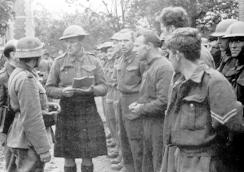
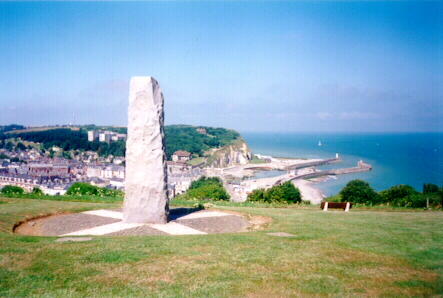
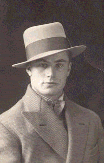 Marcel FAUCONNIER (pictured left) a Belgian-Canadian who lived in
Parike described what he saw while walking in the woods that day.
Marcel FAUCONNIER (pictured left) a Belgian-Canadian who lived in
Parike described what he saw while walking in the woods that day.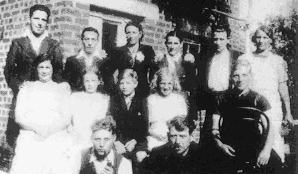

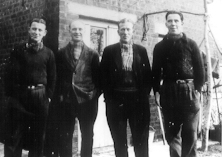
The Times October 12th 1940 BELGIANS AID BRITISH ------- B.E.F. MEN STILL AT LARGE From a Belgian Correspondent According to the German wireless in Brussels, soldiers of the British Expeditionary Force who have evaded capture are still in Belgium and northern France, where, with the complicity of the population, who supply them with civilian clothing and help them in every way, they succeed in escaping the notice of the German police. The German authorities, exasperated by their inability to lay hands on them, have warned Belgians that severe penalties will be imposed on persons who know that one or more British soldiers are in the locality and who fail to notify the Germans As the warning was broadcast in the Flemish programme it may be assumed that the British soldiers in question are hidden in the north-west of Belgium..... |